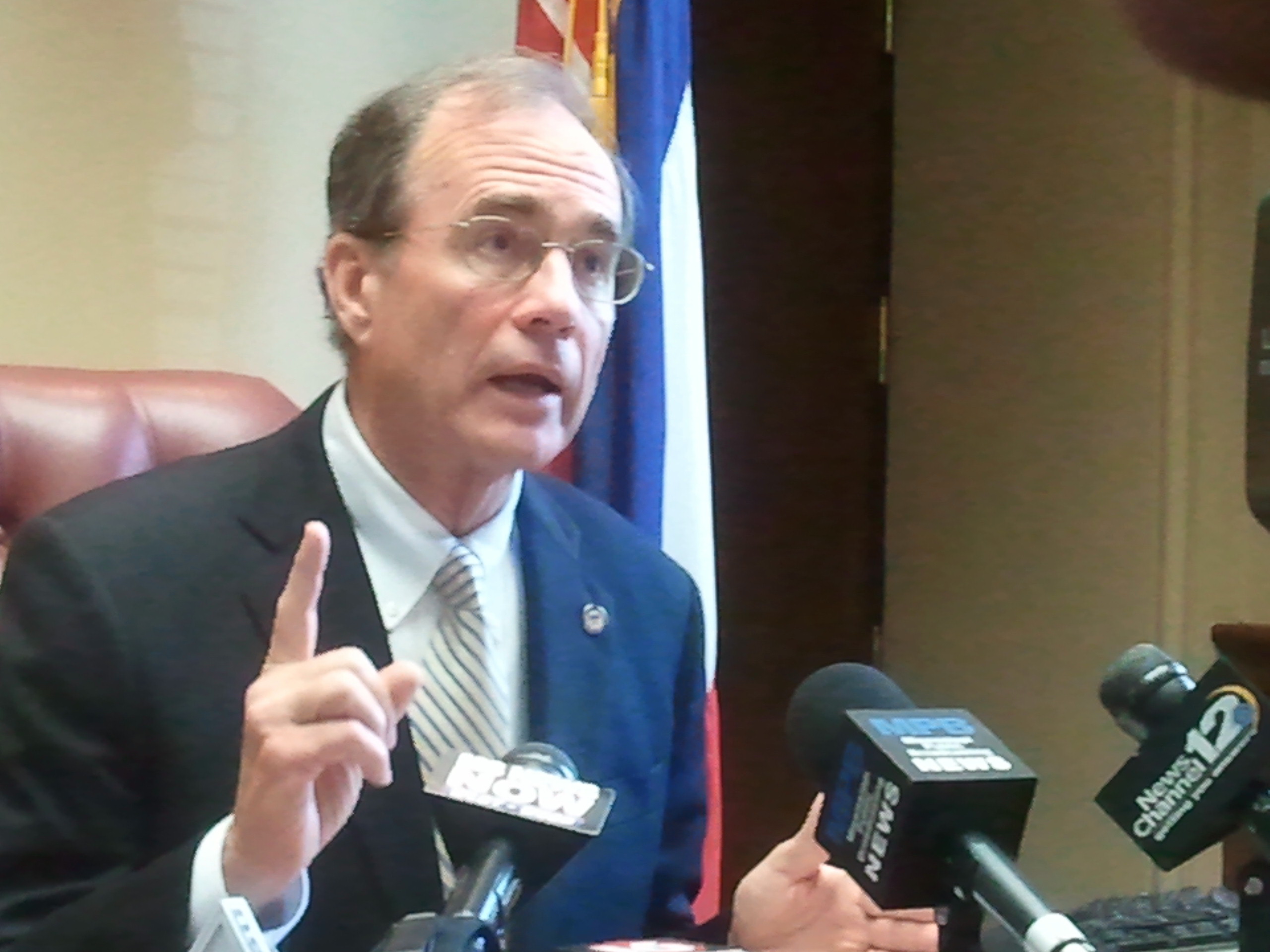Autism, it has been named a public health crisis by the Centers for Disease Control and an epidemic that is not only sweeping across the country but also sweeping Mississippi.
On March 26, 2015, Governor Phil Bryant signed into law HB 855 also known as the autism insurance bill.
The bill did two things: Required coverage of autism-related services, including applied behavioral analysis (ABA) for children ages two to eight with the possibility for additional coverage if deemed medically necessary by a doctor and created the Mississippi Autism Board, a licensing board for professionals practicing applied behavioral analysis.
“Up until 885, insurance companies labeled that as an experimental procedure which meant that they didn’t have to cover it and 885 basically required companies to define that as a medically necessary treatment that would be covered by their insurance policy,” said Dr. James Moore, Chairman of the Autism Board. “So this is now providing up to 25 hours a week of ABA therapy.”
Dr. Moore said that while Applied Behavioral Analysis is not the only treatment for autism, it is one of the approaches with the most support. ABA therapy has to be rendered by someone that knows what they are doing because things can go wrong very quickly if an untrained person is working with the ABA principles.
“To practice Applied Behavioral Analysis, to say, I do ABA in Mississippi, you must have a license given by the state board which outlines all of the qualifications that you must meet,” said Moore. “There’s still some stigma attached with autism. When the disorder first became prevalent, many people started to say, well this is bad parenting, if parents just did a better job, etc.,” said Moore. “I can’t say that we understand much more about it but we now see that this truly is a neurological disability. It has global impairments. It does not have any prejudice of race, color, creed, socioeconomic status, a good parent, bad parent. It really is rising at an alarming rate.”
Moore said autism is the fastest growing developmental disorder in the world and yet there is little to no money being spent to help families cope.
“The national institute of health gives around 31 Billion dollars each year for research in mental health and recently about 189 million, or less than 1% of that budget has gone toward research in Autism. Giving is very much out of proportion. If you look at the prevalence rates of all the illnesses that can afflict childhood, Autism is near the top in preference but near the bottom in giving.”
Secretary of State Delbert Hosemann, who was instrumental in creating the bill, said the first case of autism was in Forrest Mississippi in 1947.
“There is no biological test for autism and you can see quite a significant amount of variance from children who are completely non-verbal, about 40 percent of the autism population don’t communicate with words, to children who use quite a vast array of words and actually sound quite intelligent when they speak,” said Moore. “But, when they attempt to interact with their world, they start to have problems.”
Secretary Hosemann said Universities and Community Colleges across the state are beginning to help train people to work with individuals with autism.
“The junior colleges are starting in January the first program in the continental United States to train registered behavioral analysis,” said Hosemann. “These are individuals that will make about $15 an hour to work with these autistic children beginning early in their ages and with people who have really had to go at this on their own. We will now have individuals trained by the junior college system to work with them.”
USM graduated 10 people with master’s degrees to diagnose children and UMMC recently hired more pediatricians to start the initial diagnosis process of autism.
Hosemann said that MSU will soon be offering an online master’s program for individuals to work with autistic children. However, more is needed.
“USM, Mississippi State, and Ole Miss are doing their part,” said Moore. “The community colleges are coming in, but we need all of our higher education entities to at least start educating folks about, what is autism, what is Applied Behavioral Analysis and start finding the best and the brightest who might want to go into this field.”
Hoseman said every one of the individuals that receive a degree in an autism related field will likely get a job immediately upon graduation.
“There is gainful employment and you can help Mississippians,” said Hosemann. “These children are just as smart as your child and often, quite frankly, they are brighter than our children. All they need to know is to be able to communicate to have meaningful lives and contribute to our society. That door is open to them if we will just help them push it open.”




